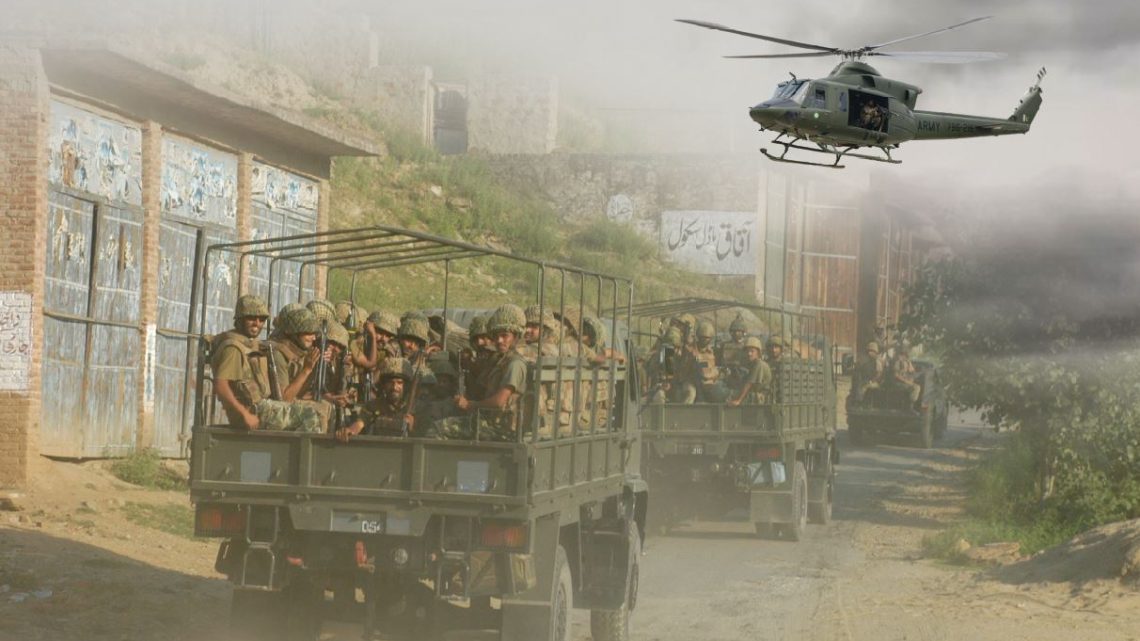
Rampant Suicides in Indian Armed Forces amid Stressors
August 20, 2024In July 2022, Minister of State for Defence Ajay Bhatt reported in Rajya Sabha that the Indian Air Force had 148 suicide cases, the Navy 29, and the Army 642.
According to ‘The Times of India,’ 1,100 Indian defence personnel died by suicide between 2010 and 2019. The Army recorded 895 suicides, followed by 185 in the IAF and 32 in the Navy.
Indian armed forces have lost over 100 soldiers annually due to non-combat reasons, with a soldier dying nearly every third day from either suicide or attacks by fellow soldiers.
Between 2014 and 2024, the Indian Army reported 983 suicide cases, the Navy 96, and the Indian Air Force 246. A study by ‘United Service Institution’ of India (USI) highlighted increasing suicide rates due to severe stress.
The suicide rate in the Indian Army is about half of India’s national rate of 16.5 suicides per 100,000 people. The Army loses more personnel annually through suicides, fratricides, and other non-combat incidents than in active duty.
Besides the armed forces, civil armed forces (CAF) also face increasing suicide rates. According to ‘The Quint,’ there were 25 fratricide incidents in the CAF from 2019 to 2021 and 345 suicides between 2017 and 2019.
Reasons for suicides in the Indian Armed Forces include long duty hours, delayed promotions, and the pursuit of flawlessness. Commanders often put excessive pressure on soldiers, ignoring ground realities.
Other factors include a growing disconnect between senior officers and troops, prolonged deployments in remote areas, and counter-insurgency environments. Humiliation and harassment by seniors are also significant issues.
Unaddressed family issues, such as property disputes and financial problems, contribute to the crisis. Previously, battalion commanders could resolve personal issues for their soldiers, but this is no longer the case.
Leadership issues and apathy from authorities are also to blame. The USI study pointed to poor leadership as a major factor affecting morale among juniors. Additionally, the quality of food and rations is a concern.
Reasons for suicides, when combined, include inadequate leadership, overburdened commitments, insufficient resources, and lack of fairness in postings and promotions. Downgraded pay, limited promotional avenues, and low motivation among juniors also contribute.
Other factors include non-grant of leave, indifferent attitudes of civilian officials, and short command tenures, which further exacerbate the issue.

